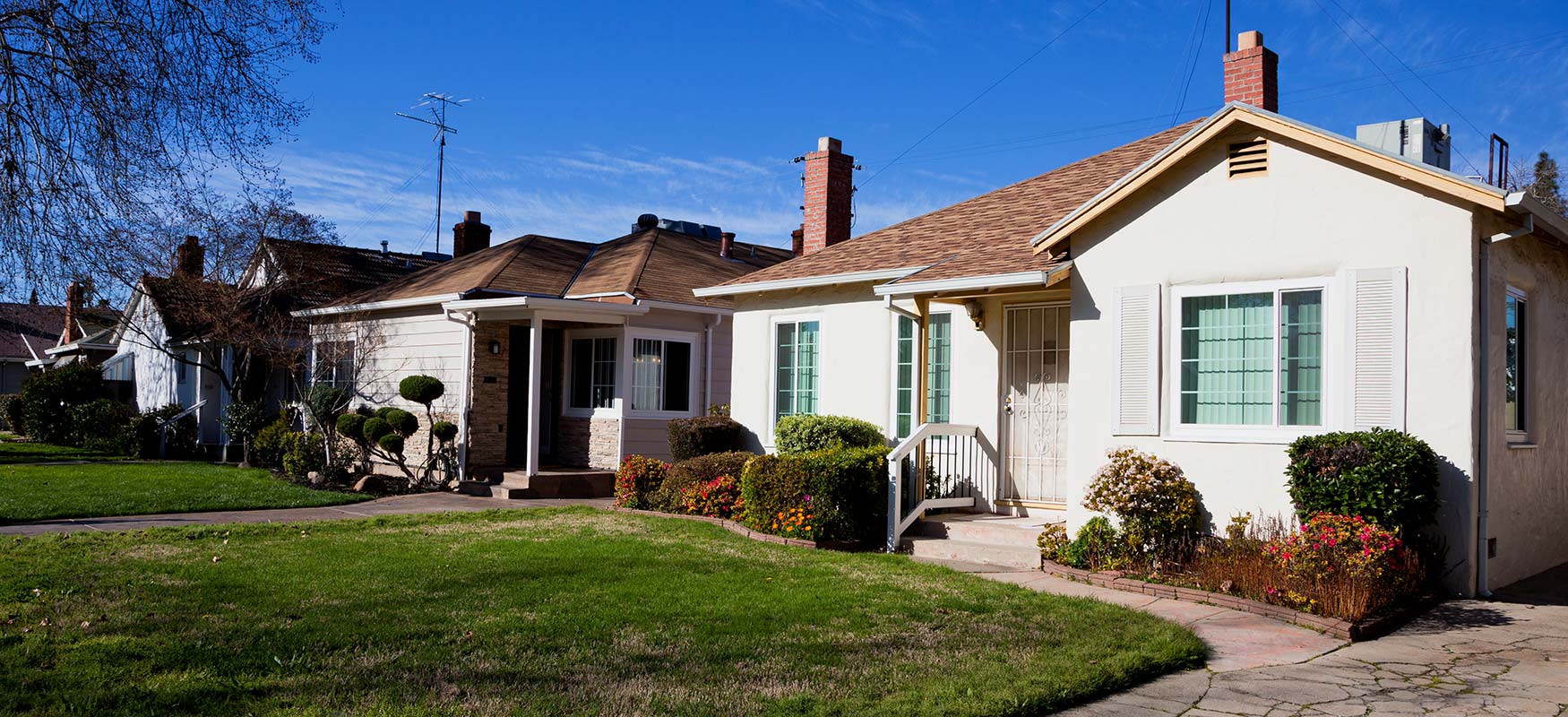When it comes to selling vacant land, there are a few key things to keep in mind. First and foremost, it’s important to understand the market in which you’re selling. If you’re selling in a hot market, you can expect to get more for your property than if you were selling in a slower market.
Next, it’s important to have a clear understanding of your goals for the sale. Are you looking to achieve a quick sale at a high price? Or are you looking for something more slow and steady? Knowing your goals will help you determine the best strategy for reaching them.
Finally, it’s important to be prepared to negotiate. No matter how hot of a market you’re selling in, there’s always room for negotiation. Being prepared to negotiate will give you the best chance of getting the price and terms that you want.
Procedure For Selling Land
The following is a suggested procedure for selling land:
- Determine the market value of the land. This can be done by contacting a real estate appraiser or by conducting an online search.
- Draft a sales agreement that outlines the terms of the sale. This should include the sale price, the closing date, and any other pertinent information.
- Have the agreement reviewed by an attorney to ensure that it is legally binding.
- Notify all interested parties of the sale and provide them with a copy of the agreement.
- Negotiate with potential buyers until an agreement is reached.
- Finalize the sale by completing all necessary paperwork and transferring ownership of the property.
Tips For Selling Land
When it comes to selling vacant land, there are a few key things to keep in mind. Here are some tips on how to sell your vacant land:
- Know Your Market. First and foremost, you need to know who your target market is. Who is most likely to want to buy your vacant land? Is it a residential area, or a commercial area? Is the land in a rural or urban setting? Once you know your target market, you can start tailoring your marketing efforts specifically for them.
- Price It Right. It’s important to price your vacant land correctly. You don’t want to price it too high, or you’ll scare off potential buyers, but you also don’t want to price it too low, or you’ll end up selling it for much less than it’s worth. Do your homework and find out what similar parcels of land are selling for in your area, then price yours accordingly.
- Promote It Effectively. Once you’ve priced your land correctly, it’s time to start promoting it. There are a number of different ways you can do this, but some of the most effective methods include advertising in local newspapers and real estate magazines, posting flyers in local businesses and grocery stores, and putting up signs on the property itself.
- Be Flexible With Your Terms. When selling vacant land, be prepared to be flexible with your terms. For example, you may be willing to offer to finance or take back a second mortgage. You may also be willing to lease the property to the buyer for a period of time. By being flexible with your terms, you’ll make it easier for potential buyers to afford your land.
Documents Needed To Sell Land By Owner
- Deed: The first and most important piece of paper you need when selling your land is the deed. The deed is proof that you own the land you’re trying to sell—without it, you can’t legally transfer ownership of the property. Make sure that the deed is properly signed and dated before moving forward with any other steps in selling your land.
- Title Insurance Policy: A title insurance policy protects both the buyer and seller from any issues that may arise from previous owners of the property. This policy ensures that there are no outstanding liens or judgments against the property that could come back to haunt either party down the road.
- Survey: The next piece of paper you’ll need is a survey of the property. This survey shows boundary lines and any easements or right-of-ways associated with the land. Having a survey on hand will help avoid any potential disputes about where one person’s property ends and another’s begins.
- Proof of ownership. This piece of paper you’ll need is some sort of proof that you actually own the land you’re trying to sell. This could be a tax bill, mortgage statement, or any other document that shows your name and address as the owner of the record. With these four documents in hand, you should be ready to sell your land without any major issues.
- A map of the land. A map of the land will help potential buyers visualize what they are purchasing. This is especially important if the land is located in a remote area.
- Proof of any easements or right-of-ways. If there are any easements or right-of-ways associated with the property, you will need to provide proof of these as well. An easement is a legal right to use someone else’s property for a specific purpose, such as a utility company’s right to run power lines through your property. A right-of-way is similar to an easement, but it gives the holder the right to pass through your property, rather than use it for a specific purpose.
If you’ve owned the land for more than a year, any profit you make from the sale will be considered a long-term capital gain. Long-term capital gains are taxed at a lower rate than ordinary income, so this is something to keep in mind when pricing your land.
If you’ve owned the property for less than a year, any profit you make from the sale will be considered a short-term capital gain. Short-term capital gains are taxed at your ordinary income tax rate, so this is something to keep in mind when pricing your land.
1031 Exchanges
A 1031 exchange allows investors to sell one investment property and use the proceeds to purchase another investment property without paying any capital gains taxes. This is an attractive option for investors who are looking to sell vacant land and use the proceeds to purchase another income-producing property, such as a rental property.
To qualify for a 1031 exchange, you must reinvest the proceeds from your sale into another investment property within 180 days of closing on the sale of your first property. You must also use a qualified intermediary to facilitate the exchange.
Cash Buyers For Land
Are you trying to sell your land fast? One option you have is to sell to a cash buyer. A cash buyer is an investor who has the funds available to purchase your property outright, without taking out a loan. Friendly Offer is willing to help you out. We are interested in purchasing land for development purposes.
We buy vacant land for cash as-is with no closing costs, so you don’t have to worry about any of the hassle or stress of the traditional way to sell a house anymore. We can make you a fair offer on your land, and we can close the deal in as little as 7 days! So if you’re looking for a fast and easy way to sell your vacant land, then give us a call at (310) 850-5958 today! You can also visit us at Friendly Offer, or simply fill out the form below to get a fair all-cash offer on your property.

